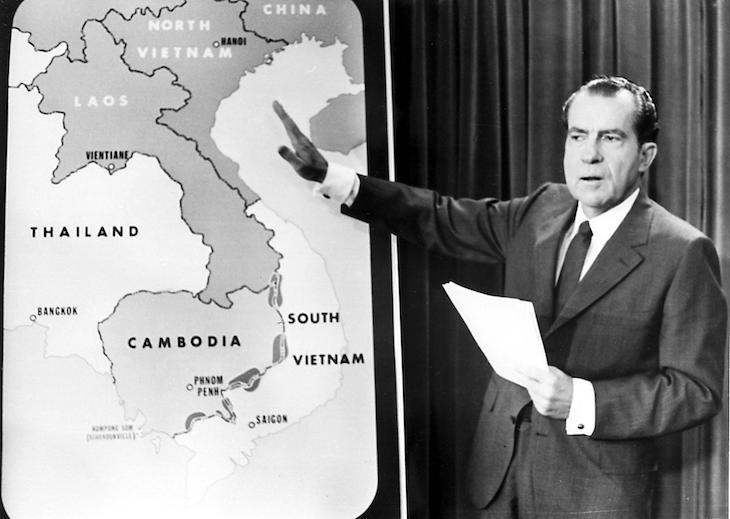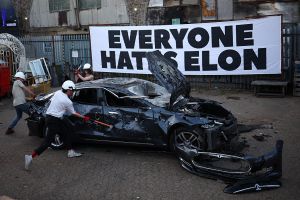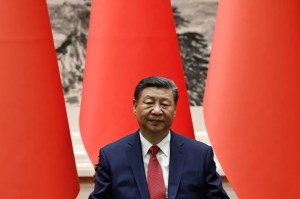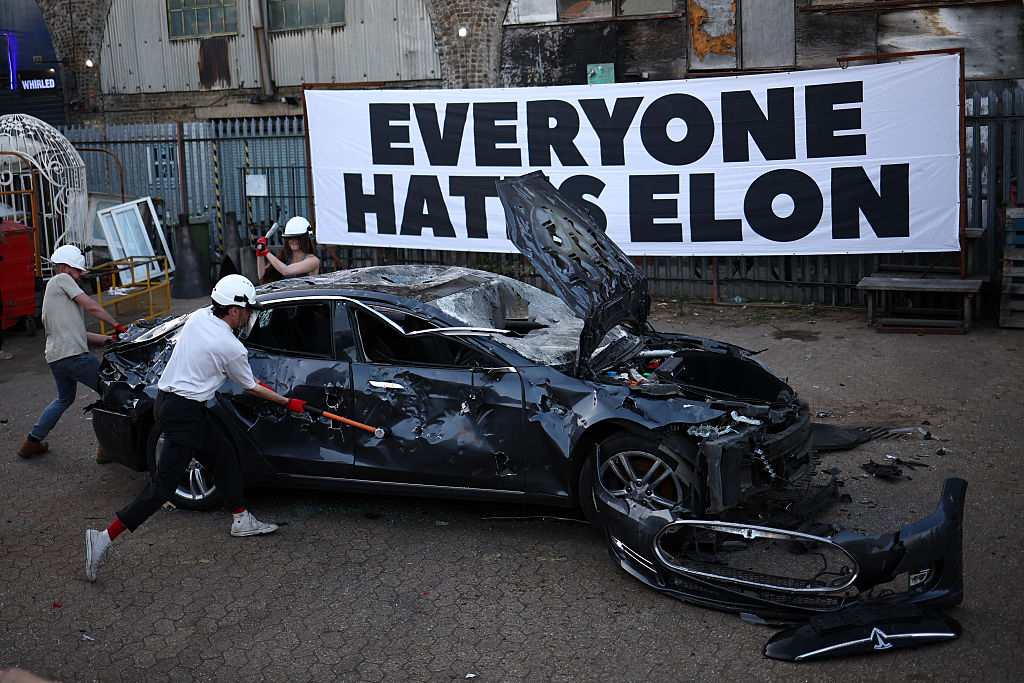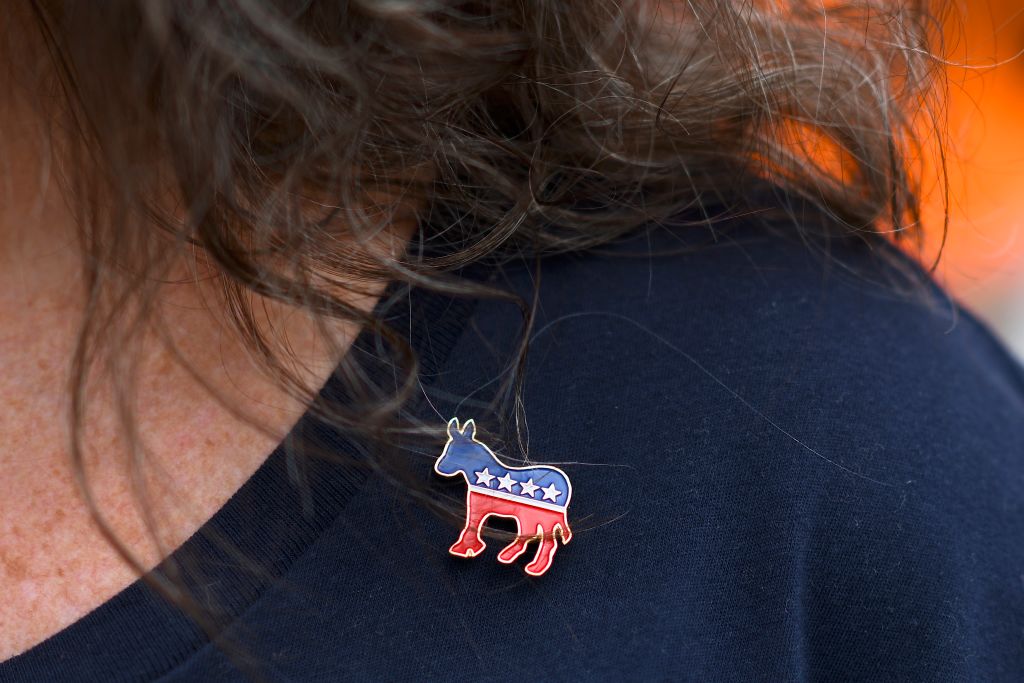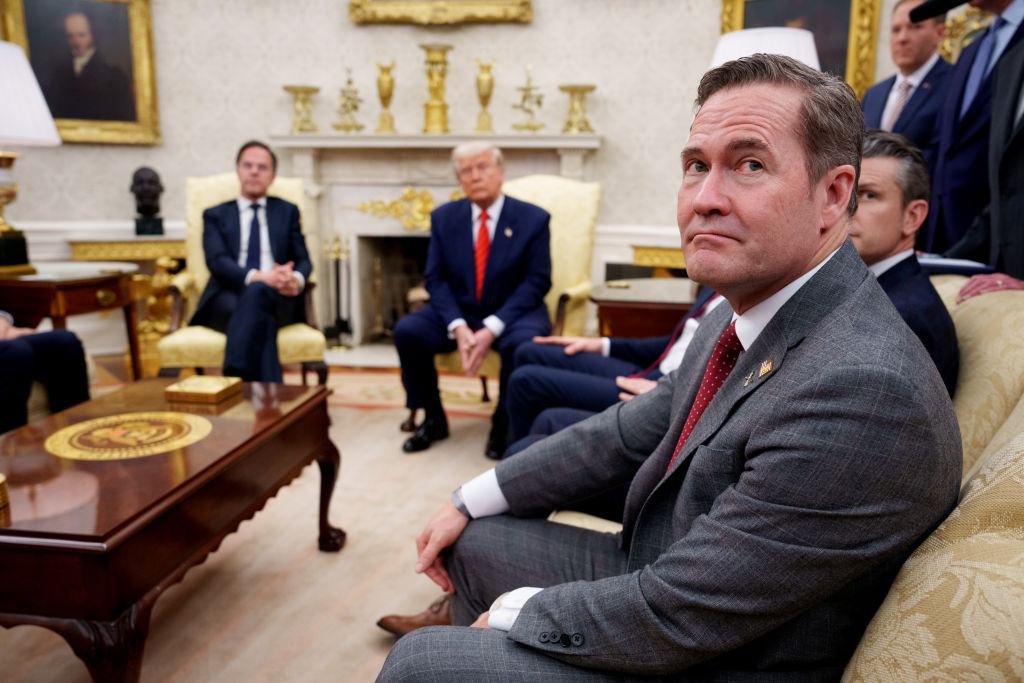Having worked with former president Richard Nixon during the last years of his life, I’m often asked what his view would be about some present-day issue. Given the rampant comparisons between the calamitous fall of Afghanistan to the Taliban following the Biden administration’s precipitous withdrawal and the disastrous fall of Saigon in 1975, Nixon’s perspective would have been invaluable.
He believed, like all strong, effective US presidents, that American strength means greater stability and peace and American weakness begets instability and conflict. With the end of the cold war and the bipolar international system, the US became the global hegemon, nearly solely responsible for a stable global order. In that kind of system, a weak president — like Joe Biden — invites catastrophe. We are seeing this play out in real time in Afghanistan as 20 years of incalculable American sacrifice is erased and the murderous Taliban is back in control.
There are obvious differences between Vietnam and Afghanistan, not least of which is the ideological nature of the enemies. But there are enough similarities between the catastrophic endings to both military engagements that historical analogies are appropriate. The fall of Saigon to the communists taught us (or should have) that how we exit matters as much as how we fight.
Nixon prosecuted the war but ended the draft and negotiated the 1973 Paris Peace Accords to conclude the war in a way that secured ‘peace with honor’. Having resigned in 1974, he was on the sidelines when Democrats in Congress unceremoniously cut the funding for the military effort, pulling the rug out from our troops and forcing American personnel to be hurriedly evacuated from the Embassy roof.
That American humiliation is forever. And so will be the even more ignominious withdrawal from Afghanistan, with even more dangerous repercussions.
So what would Nixon say about the American collapse in Afghanistan?
I believe he would have agreed with President Trump’s timetable and conditional terms for our exit: a gradual withdrawal with certain markers to be met as it progressed, just as Nixon had planned for Vietnam. And if the Taliban killed, wounded or threatened any American, Nixon would have cheered Trump making good on his promise to bomb them into oblivion. Nixon would have been appalled by Biden’s destructive rejection of those negotiated terms, as Nixon understood that the enemy needs to continue to believe that you are willing to annihilate them. Otherwise, as we are witnessing in Afghanistan, deterrence falls apart and the enemy, emboldened and strengthened, advances.
Nixon would have been even more outraged by Biden’s decision to humiliate the United States, endanger Americans, Afghans and others, and turn the country over to the Taliban, al-Qaeda, Isis and China — a choice that will inevitably and unavoidably lead to greater death and destruction.
Nixon knew there was no substitute for American power, a lesson learned with the collapse of ‘Vietnamization’, the training, equipping, funding and standing up of South Vietnamese forces. Over the past 20 years, we have been doing the exact same thing with indigenous Afghan troops, hoping they could defend their own country. It was clear after the fall of Saigon, however, that while allies on the ground were important, the US was the only Western power with the military resources to adequately project power and deter advances from radical forces.
As I recounted in my book Nixon in Winter, the horrific aftermath of our intervention reinforced to Nixon that it had been a just cause. In Vietnam, the communists killed tens of thousands of people, and up to 600,000 South Vietnamese perished in the South China Sea as they fled. The very crises we fought to avoid, like the killing fields in Cambodia and the ‘reeducation camps’ of Vietnam, erupted when we failed. ‘Fewer people were killed during the anti-communist war than during the communist peace,’ he said.
His comments to me in 1992 are particularly resonant today:
‘The war was winnable,’ he said. ‘Because an event turned out one way doesn’t mean it had to happen that way. By the time of our final withdrawal, we had put our allies in a position to survive without the presence of American combat forces. We really tried with Vietnamization to make the South Vietnamese into a pretty effective fighting force.
‘At the time, we thought that since we had no choice but to withdraw, that we could substitute them for us. Of course, we knew that even with our equipment, they couldn’t do the job we could, but since we had to get out, that was it. Besides, they had proved themselves in 1972, when their ground forces stopped a massive North Vietnamese invasion, so we didn’t think a loss was inevitable.’
On the Paris Peace Accords, he said, ‘At least we backed up the goddamned treaty with power! We kept up the threat of airpower in the event of a North Vietnamese invasion and continued to provide the south with military and economic assistance. We tried to do it, against all odds, until the stupid and short-sighted Congress undercut us on both counts by cutting off the money. I know they were under enormous pressure, but my God! Our deterrent was gone, and that was the end.’
‘We won the war,”’ he said, ‘but then lost the peace.’ The same is true of Afghanistan.
In 1985, Nixon wrote a bestseller that debunked the myths of the war called No More Vietnams. Later he said he had made a mistake with the title: ‘“No more Vietnams” can mean we will not try again,’ he said. ‘It should mean “We will not fail again.”’
Alas, here we are, doomed to history repeating because of Biden’s disregard of all of the lessons of the previous debacle. And if the message taken from the current catastrophe is that we will no longer fight the dark forces coming from that part of the world, then we will face unimaginable horrors to come. Fight we must, but it must be done the smart way.
Like the fall of Saigon, the fall of Afghanistan was completely avoidable. As with the failure in Vietnam, our failure in Afghanistan will yield a grave diminishment of American power, prestige and credibility.
‘Don’t underestimate Joe’s ability to f—k things up,’ Barack Obama allegedly said last year. On this, he and Nixon would agree.
Monica Crowley served as assistant secretary of the Treasury for Public Affairs from 2019 to 2021. She previously served as foreign policy assistant to former president Richard Nixon in the early to mid 1990s.



